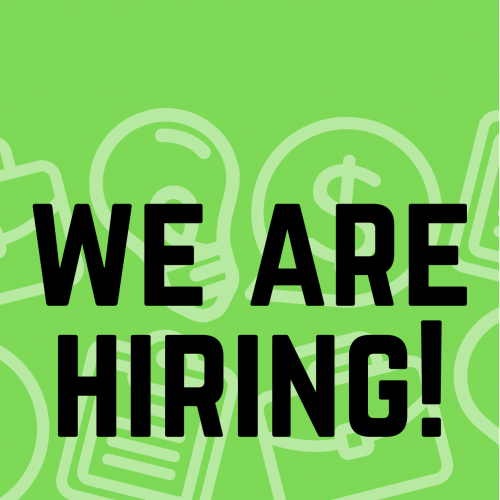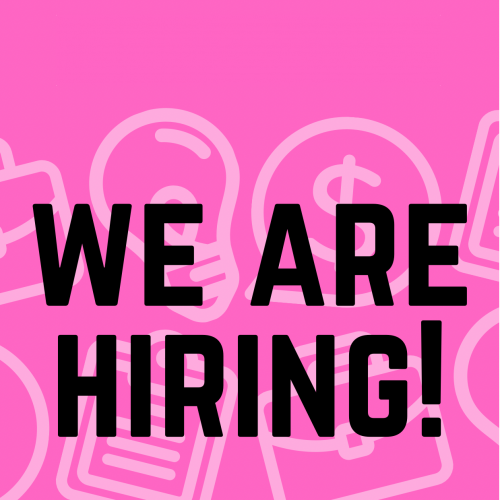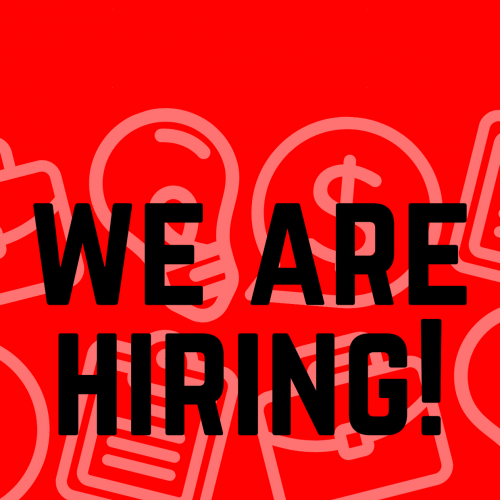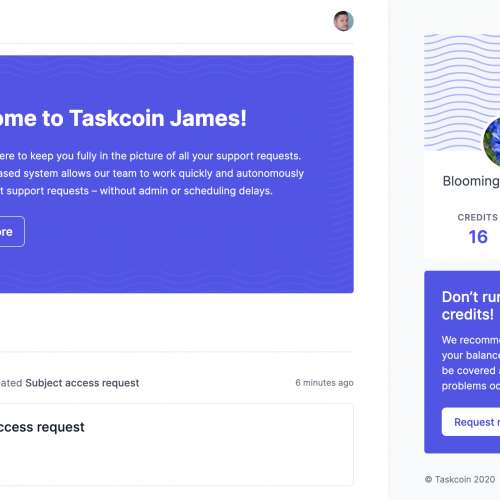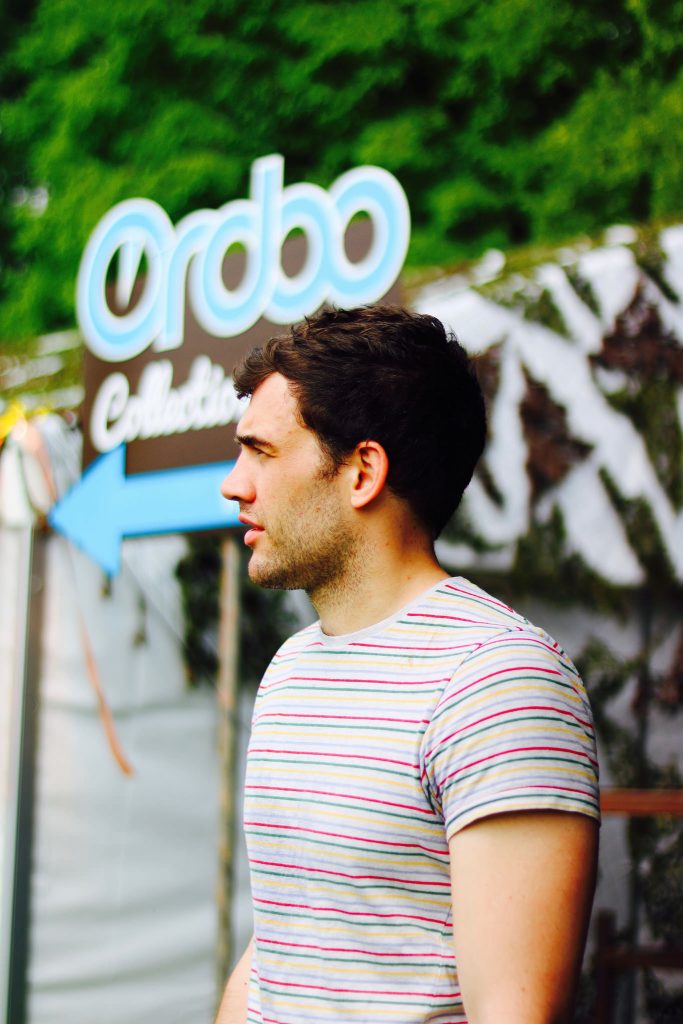
We first teamed up with Tom Dewhurst in Autumn 2015, investing in Ordoo – his new startup aiming to allow customers to pre-order and pay for food and drinks for their favourite cafes, restaurants, coffee shops and bars. Simpleweb took on the role of remote tech team and ‘virtual CTO’ for Ordoo and in January 2016, the MVP was launched.
We caught up with Tom to find out more about his startup journey so far including what he’s learned in the year since we first met…
Tales of a teen entrepreneur
Tom set up his first business when he was just 17. The Child Identification Programme provided parents with kits to make ID cards for their children, should they become lost. A similar business in the US was running a similar model successfully and so, spying a gap for UK consumers, Tom set up his first business.
“We struggled to really get it to market” says Tom. “That was probably my first lesson in the digital market, it cost me a few thousand pounds to develop the product and we probably just made it back overall, but it was difficult to get customers.”
“It was a good opportunity spot” maintains Tom, “it was just the execution of it… I just don’t think we had the right distribution channels to market, and in hindsight I would have probably done it a lot differently…”
It was only a couple of years later, when Tom was at university, that he came up with the idea for Ordoo.
The roots of Ordoo
“I was doing this piece of research on digital payments as part of my degree. My dissertation was on what drives youth adoption of digital payments.” As the mobile payments industry was kicking off, with Apple Pay new on the scene, Tom felt that the future of mobile payments lay in mobile ordering “because, actually, that adds more value to the customer. They’re more than just paying for stuff, and plus being in a queue was a pain in the arse so I decided why don’t I just send my order to the venue on my phone, and then I don’t have to be here.”
Tom’s university, the University of Bath, was keen to make entrepreneurs of their students and offered plenty of startup and innovation competitions which helped students think about business plans, forecasting and generally thinking through and planning their ideas.
Tom describes himself as very competitive and he was gutted when he came in second for two of the competitions at his university. “I was disappointed as the winner was taken to Silicon Valley and that would have been wicked, it was like two weeks there to meet Facebook and all of these alumni in Silicon Valley. It was a good prize. But I guess actually the real prize was trying to build a good business and learning from your failures and taking feedback on board.”
Finally though, Tom won his university’s Dragon’s Den competition which afforded him a very small amount of seed funding so that he could run his first real trial of what would become Ordoo.
A (soon to fail) MVP
In April 2015, Tom and his business partner Ray set up an experiment which allowed customers of the Engine Shed (a popular innovation centre in Bristol) cafe to browse a digital version of the menu and place an order from their table. At this point, the app relied on iBeacons to allow customers to connect with the table where they were sitting and access the menu.
“We programmed the iBeacons so that customers had to be in an immediate range of about a metre from the table” says Tom. Unfortunately, this meant that there was a lot of noise due to the proximity of tables. “Tables weren’t linking to their iBeacons and we had some payment issues with PayPal where only 30% of the orders ended up going through.” It was clear that the technology behind Ordoo wasn’t going to hold up.
Tom graduated that June, but before he did, he found an opportunity that would help him move forward with Ordoo…
With great networks comes great opportunity
“I really believe in the serendipity of business and entrepreneurship” says Tom. “The luck that comes if you put yourself out there.”
Tom had been spending time at Innovation Centre in Bath and was invited to a pitch at one of the Centre’s networking events. It was there that Tom met entrepreneur and angel investor Nick Robinson. “He was really interested in the idea and wanted to support me coming out of University.” Nick became the first investor in Ordoo and Simpleweb soon followed suit.
Nick’s investment was based almost entirely on the strength of the idea and Tom as an entrepreneur. “We had a concept and we had a prototype” says Tom, “but the product itself basically needed rebuilding so it was a big risk for him.”
Around this time, Tom was introduced to Simpleweb by entrepreneur and mentor Rosie Bennett, who he had met through the Innovation Centre in Bath.
With two rounds of investment in quick succession, it was time to really get Ordoo off the ground…
Splitting up with a co-founder
Tom’s co-founder had been with him since the beginning and had a reasonable share in the company. Tom had met his co-founder at university when he needed a technical partner. While his skills were in-line with Tom’s initial vision of Ordoo (using iBeacons to place orders), it soon became apparent that Tom’s co-founder was not the right person to build the app.
Firstly, the co-founder got a job and moved to Singapore. “We tried to do this whole long distance relationship” says Tom, “but I think the problem lay in the fact that it would be better if we started from scratch with Simpleweb and he didn’t really fit into the team roadmap. We ended up buying him out end of last year.”
“In hindsight” says Tom, “I probably knew earlier that it wasn’t going to work.” When asked why, Tom says “Firstly, I think you need to be in the same country, ideally working closely with each other. He was very entrepreneurial but still wasn’t as committed to it as me. He needed a job to pay the bills and didn’t really want to take the risk.”
Tom’s story is typical of many first-time entrepreneurs. “I think the tricky thing is aligning your expectations with a risk profile” says Tom. “It’s a long road to potential success (but most likely to failure in the entrepreneurial space), it becomes tricky early on if it’s not the right fit.”
Lessons learned
When we asked what lessons Tom has learned in his first year with Ordoo he says “too many… and I’ve learned them the hard way.”
If he could go back, Tom would have done more testing and research. “Everyone does token research” says Tom “and in hindsight, we did token research.” So what would he have done?
“I would properly interview well over 100 people and ask what their biggest problems are right now and see if the proposed solution comes up without using leading questions. I could have rung up pretty much all of the coffee shops in Bath and Bristol, it probably would have taken me a week or so, to become more aligned to what their problems are, and how we could build more value around them.”
Tom had tons of ideas for features for Ordoo and he still does but he says “what we’ll build now is probably different to what we would have built back then. We’ve learned so much from what customers want.”
Instead of falling victim to feature creep, Tom now appreciates the beauty and effect of simplicity.
“Now I think what we need is an app that does one thing well, which I think Ordoo does now with ordering. We built a wicked ordering platform and sometimes just building the best app that does one thing is right for the market.”
Tom has also learned a lot about people this last year, specifically when to get what kind of people involved in the business.
“A lot of people really struggle with hiring, because you’ve got limited resources. Getting people who want to take that risk alongside you and follow you into severe uncertainty is difficult. It’s all about the vision and the leadership and I’m still surprised at times that the team sticks by me. I think arguably, we’ve been trying to get ahead of ourselves sometimes more than we should have done, but as a startup you want to move a million miles an hour and I’ve been guilty of maybe overinvesting in things that we shouldn’t have done to get people to use Ordoo when actually we should be taking a step back to fix some of the other problems first.”
Unsurprisingly, startup finances proved to be difficult to manage at first although Tom feels like he has a better grip on that now.
“At first, I didn’t really have a proper budget. I put a plan together when we got investment, but the plan, at that stage, was basically forecasted hopes and dreams! It’s really good to show a model but really putting it down to what are you going to spend money on every month, and a year view of what you plan to invest in, what that corresponds to in revenue.”
“I’ve learnt loads” says Tom. “It’s really hectic and you’ve got to really learn quickly. It’s been awesome for me to practice that. I went to Uni to do this, and now I’m doing what I want to do, which is pretty awesome… I am proud of what we’ve achieved so far, and I’m really excited to keep going.”
Find out more about the Ordoo journey here.
If you want to discuss your product or startup, get in touch with Simpleweb today.
Image from Adam Butler | Flickr
If you’d like to discuss your startup or project, get in touch with Simpleweb today.
